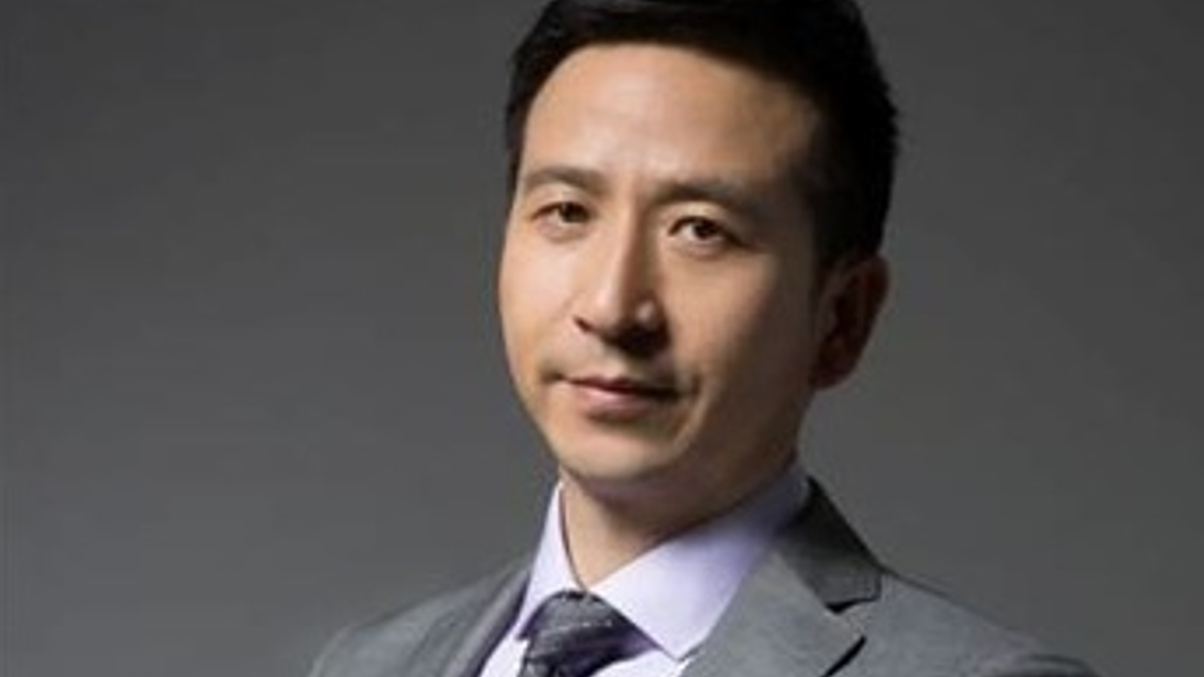Julius Baer-Jupai deal: a sign of things to come?
Chinese banks may dominate domestic retail fund distribution, but local independents such as Jupai and Noah are making inroads with wealthier clients, and expanding internationally.

Swiss private bank Julius Baer’s December move to purchase a 5% share in Chinese wealth manager Jupai Holdings may reflect the growing international ambitions of mainland firms, but it is seen as unlikely to herald a wave of similar M&A activity in China.
Sign in to read on!
Registered users get 2 free articles in 30 days.
Subscribers have full unlimited access to AsianInvestor
Not signed up? New users get 2 free articles per month, plus a 7-day unlimited free trial.
¬ Haymarket Media Limited. All rights reserved.


